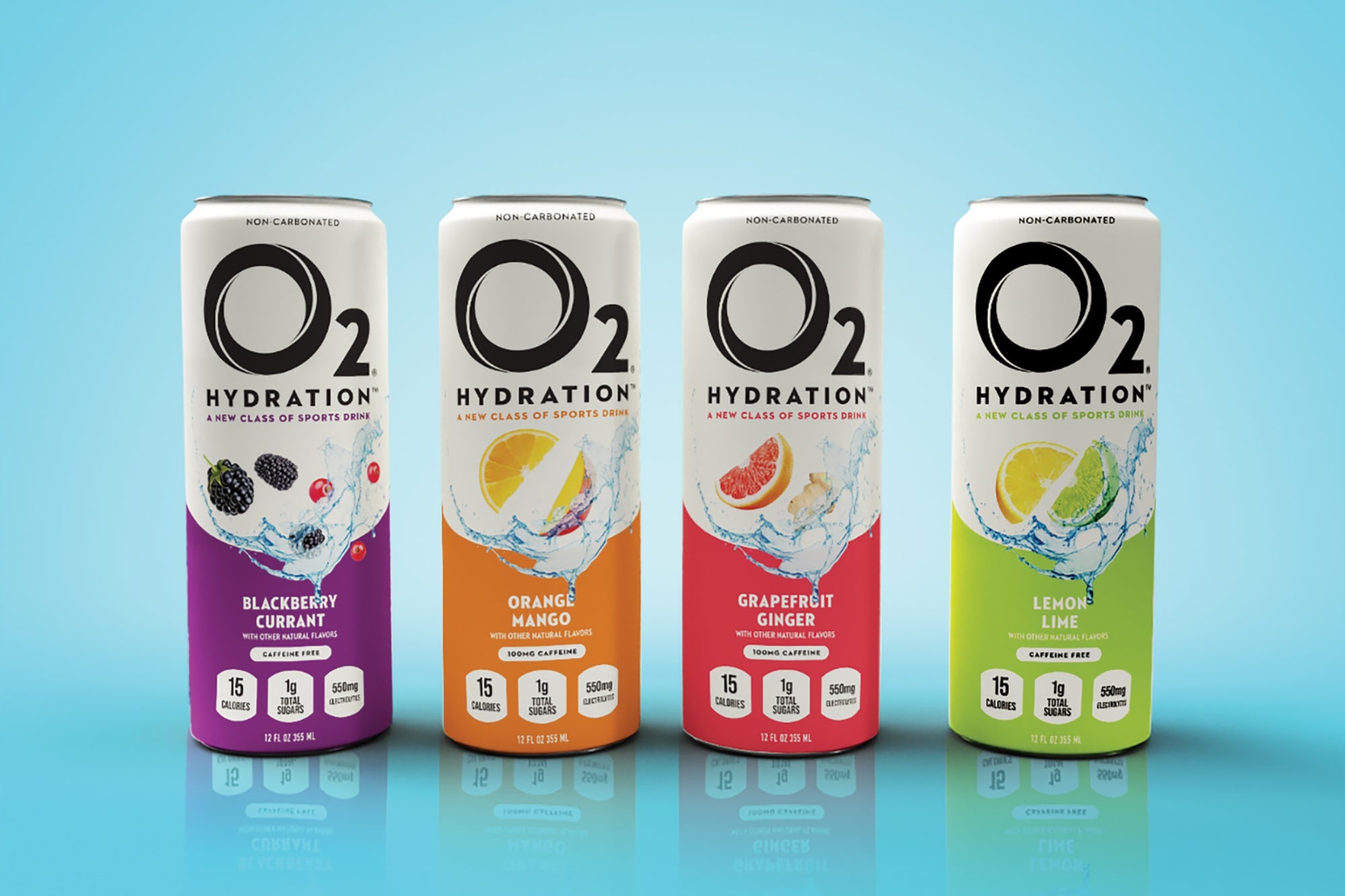The Pitfalls of the Perpetual Startup Misrepresenting your company's life stage could carry steep consequences.
By Diana Ransom
Opinions expressed by BIZ Experiences contributors are their own.

Here's a question for you: When did Facebook lose its startup status? I found myself befuddled by this question recently, and it led me to wonder when a business can no longer call itself a startup. Case in point: A 5-year-old company (which will go unnamed) I was profiling recently billed itself as a startup. I wondered: Is there any advantage to a company continuing to call itself a startup even though it has been around for a few years?
Perhaps there's some cachet to the startup nomenclature, vs. the more generic "small business." Or is it that the founders wish to maintain a startup state of mind, clinging to their early emphasis on running a lean, quick-moving outfit? Maybe it's a dollars-and-cents issue: If a company isn't yet reeling in revenue, can it really be called a sustainable business?
No matter the psychographic or financial reasons for failing to call a spade a spade, misrepresenting your company's life stage could carry steep consequences. Among other things, you could be stunting your company's growth. "If your real intention is to grow, you don't want to stagnate by staying in that startup-phase mentality," says Donald F. Kuratko, executive director of the Johnson Center for BIZ Experiencesship & Innovation at Indiana University's Kelley School of Business.
It's also poor form among financial backers to act like a perpetual startup. "Investors think, You don't even know what you are," Kuratko says. "They think, How can we invest in them if they can't take their company to the next level?"
Still, the picture isn't that clear-cut. Michael Yavonditte, an angel investor and serial BIZ Experiences, believes "if a company has been in business for many years--four, five or more--it's hard to say they're still just 'starting up,' especially if they have tens of millions in revenue."
Jamie Wong, co-founder of Vayable, a San Francisco-based marketplace for vacation experiences, agrees with Yavonditte that financial success is the tipping point. "Once a company has reached a certain level of success, whether after two years or 20 years--and the business becomes less about innovation and more about maintaining what's working--then the startup culture inevitably starts to die."
Though I still had doubts about conferring financial success as the line between startup and mature business, I received yet another affirmation from Peter Cohan, a venture capitalist and BIZ Experiencesship-book author. "I think that if a company is worried about running out of money and it's not sure whether it will be able to convince investors to give it more, then it is a startup," he says. "But once a company is confident that it can finance its own growth, it is no longer a startup."
At the end of my survey, I realized that there is such a thing as a startup state of mind, but I also learned that it's one of the last things any investor wants to hear.












